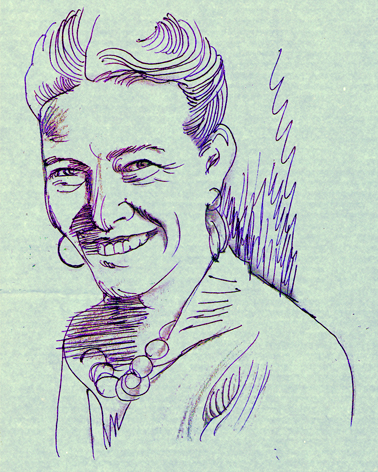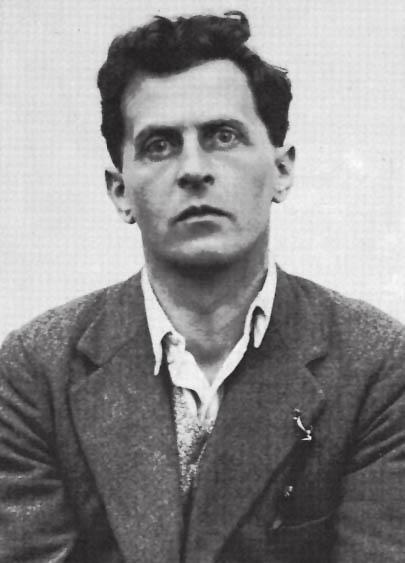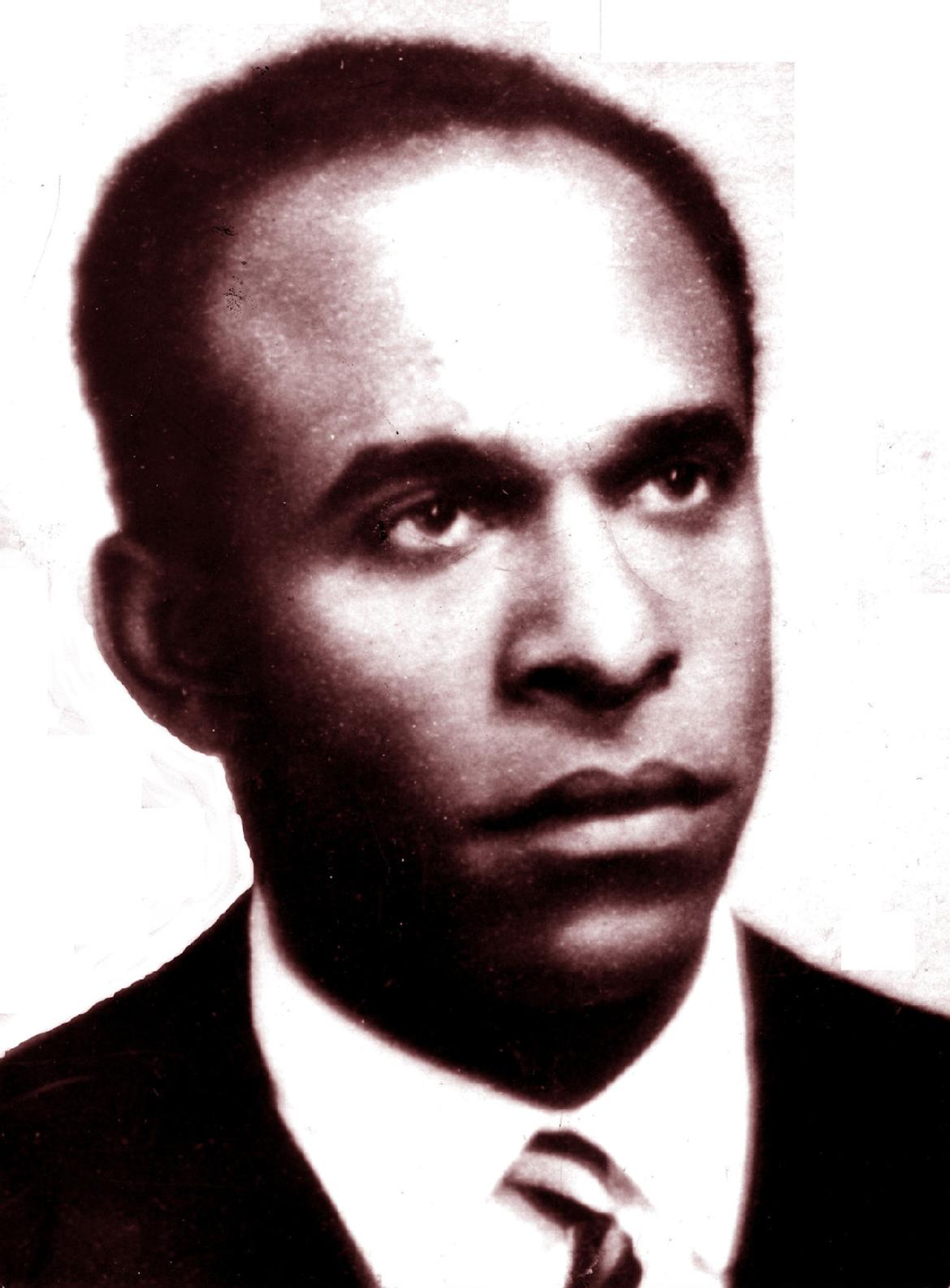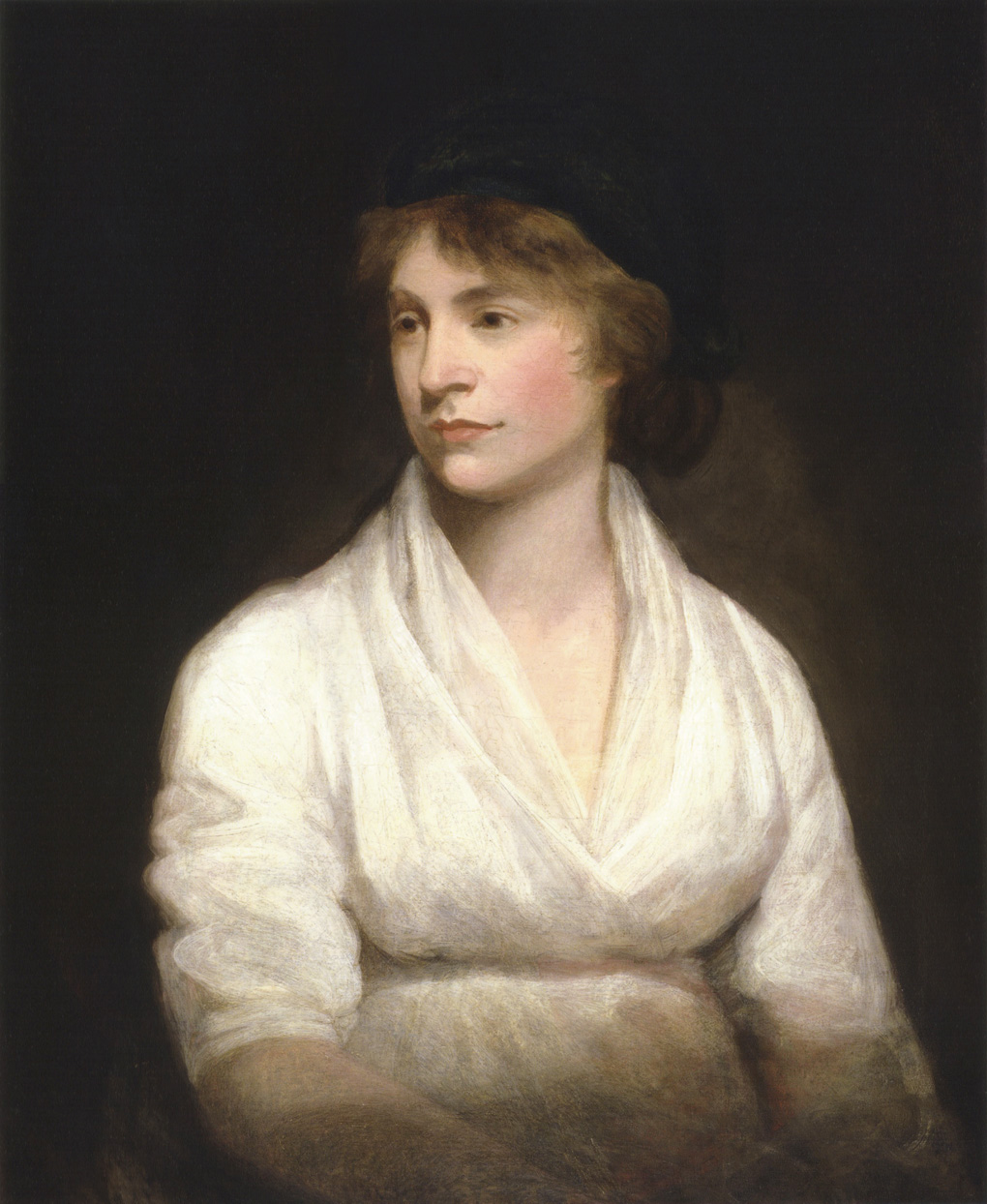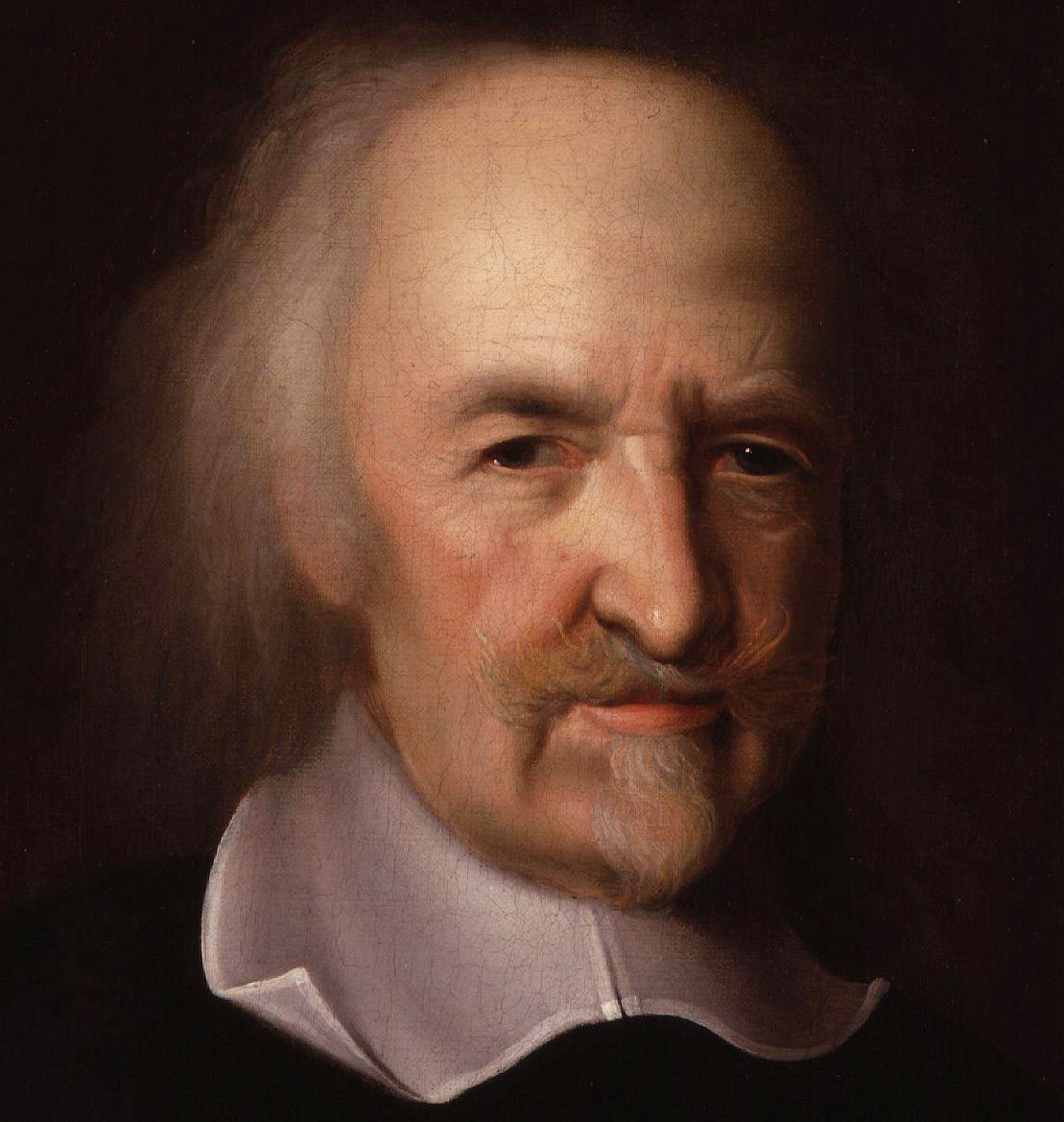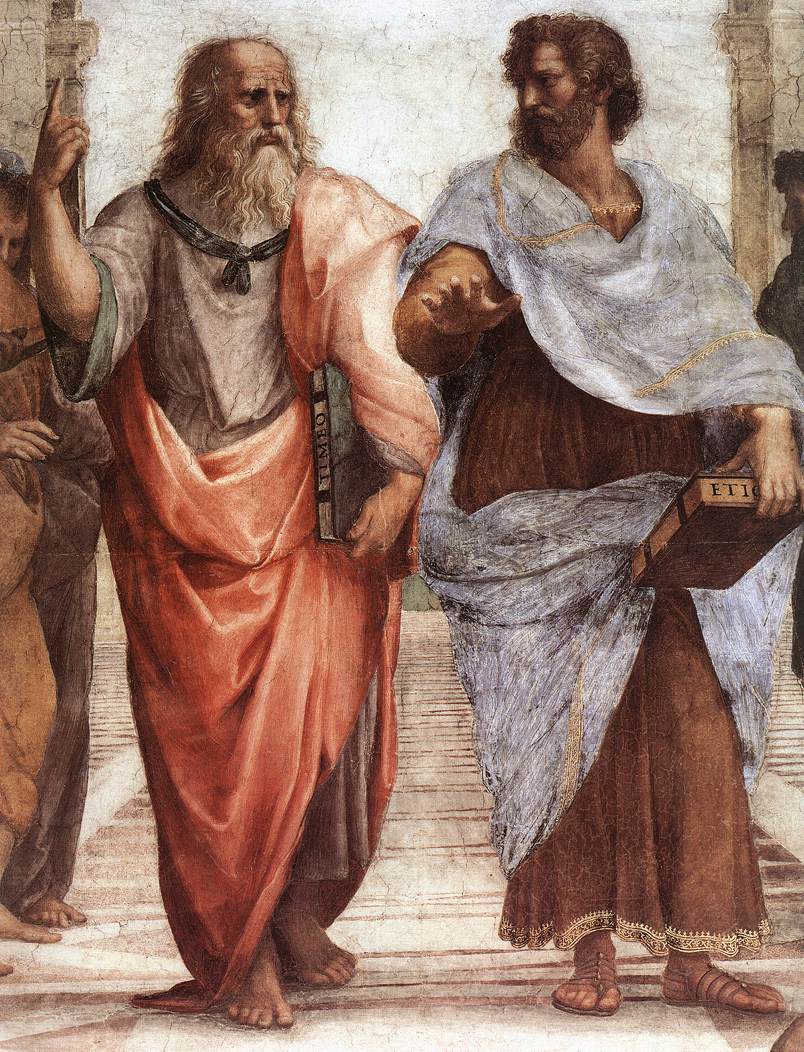Recommended Reading and Resources for Incoming Philosophy Students
This page contains information about resources and readings you can choose to engage with in preparation for your arrival as a new student in the Department of Philosophy.
Please note that you are not required to engage with these resources. These are recommendations just in case you are interested in doing some preparation before you arrive.
In fact, now is a good time to explore your interests widely and with enthusiasm in whatever way you see fit. When you get here we will tell you what you are required to read, but for now just read and engage with the things that make you feel as passionate and excited about philosophy as we do.
We have also put together a page of supplementary readings for our Joint Honours courses (Philosophy with Psychology, Mathematics and Philosophy, Philosophy and Politics, Philosophy and Literature, and Philosophy, Literature and Classics).
Free online resources
Encyclopaedias
The two biggest online encyclopaedias for Philosophy are the Stanford Encyclopaedia of PhilosophyLink opens in a new window (SEP) and the Internet Encyclopaedia of PhilosophyLink opens in a new window (IEP). If you are ever researching a topic in Philosophy that is new to you, start here rather than Wikipedia. Sometimes just reading the introductory paragraphs is helpful.
We encourage you to use the search bar to browse for the entries on topics you are interested in, but the following entries from the SEP may be helpful for your first year.
‘Reasons for Action: Justification, Motivation, Explanation’ by Maria AlvarezLink opens in a new window (for Mind & Reality core module)
‘René Descartes’ by Gary HatfieldLink opens in a new window (for Plato and Descartes core module)
‘Plato’ by Richard KrautLink opens in a new window (for Plato and Descartes core module)
‘Ancient Theories of Soul’ by Hendrik LorenzLink opens in a new window (for Ancient Philosophy core module)
‘Hobbes’s Moral and Political Philosophy’ by Sharon A. Lloyd and Susanne SreedharLink opens in a new window (for Key Debates in Moral and Political Philosophy core module)
‘The Definition of Lying and Deception’ by James Edwin Mahon Link opens in a new window (for Knowledge, Ignorance and Bullshit optional module)
‘Simone de Beauvoir’ by Debra Bergoffen and Megan BurkeLink opens in a new window (for Existence, Experience, History optional module)
‘Daoism’ by Chad HansenLink opens in a new window (for Introduction to Chinese Philosophy optional module)
Podcasts
Since the very beginning, Philosophy has been all about dialogue. Consequently, there are a lot of good Philosophy podcasts out there.
Philosophy Bites (with Nigel Warburton and David Edmunds)Link opens in a new window
(Hundreds of interviews with philosophers about their areas of expertise)
Philosophy 247 (with David Edmunds)Link opens in a new window
(Discussions of moral and political philosophy with contemporary relevance)
History of Philosophy without Any Gaps (with Peter Adamson)Link opens in a new window
(A podcast on the history of philosophy with an aspiration to leave nothing out)
(An important spinoff from the above podcast focusing on Indian philosophy and Africana philosophy)
In Our Time: Philosophy (with Melvyn Bragg)Link opens in a new window
(A podcast of the BBC Radio 4 programme In Our Time which covers various topics in the history of ideas)
Five Questions (with Kieran Setiya)Link opens in a new window
(Interviews with contemporary philosophers about the relationship between themselves and their approach to philosophy)
Talking Politics: History of Ideas (with David Runciman)Link opens in a new window
(A series of talks on the history of political philosophy from Thomas Hobbes to the present day, including Mary Wollstonecraft, Gandhi, Hannah Arendt, Franz Fanon and more)
Some of your Warwick Philosophy lecturers have appeared on these podcasts, like Guy LongworthLink opens in a new window, Quassim CassamLink opens in a new window, Eileen JohnLink opens in a new window, Heather WiddowsLink opens in a new window and David Bather WoodsLink opens in a new window.
And did you know that Warwick Philosophy students started their own podcastLink opens in a new window? Download episodes to get to know your lecturers a bit better.
Recommended Books: Introductions to Philosophical Topics
Remember, you are not required to read any books before you arrive. Enjoy your freedom to read whatever you like! But if you are looking for good introductions to philosophy and philosophical topics, here are some recommendations.
What Does it All Mean? by Thomas Nagel
(A classic introduction to Philosophy in general, covering knowledge, justice, death, freedom, language, and even the meaning of life. There’s a bit of everything here.)
A Little History of Philosophy by Nigel Warburton
(This is also an introduction to Philosophy in general, but from an historical perspective, coving some of the main figures including Socrates, Machiavelli, Kierkegaard, and Arendt.)
Mortal Questions by Thomas Nagel
(A collection of classic essays on a variety of topics, mainly in applied philosophy, including war and massacre, moral luck and absurdity.)
Causing Death and Saving Lives by Jonathan Glover
(Another classic of applied philosophy, with a focus on the applied ethics of life and death.)
Revealing Art: Why Art Matters by Matthew Kieran
(An introduction to the philosophy of art that makes a case for the special importance of art in our lives, covering topics such as beauty, originality, and creativity.)
What Is This Thing Called Philosophy of Religion? by Elizabeth Burns
(An introduction to core topics studied on an undergraduate philosophy of religion module which draws on a wide range of religious traditions and interpretations of belief.)
Recommended Books: For First Year Modules
Need we remind you that you are not required to read anything just yet? But if you are feeling keen to get started, the following books could help with your first year modules.
Republic by Plato (for Plato and Descartes)
Meditations by René Descartes (for Plato and Descartes)
What Is This Thing Called Knowledge? (4th Edition) by Duncan Prichard (for Mind and Reality)
Knowledge: A Very Short Introduction by Jennifer Nagel (for Mind and Reality)
Early Greek Philosophers edited by Jonathan Barnes (for Ancient Philosophy)
Ancient Philosophy: A Contemporary Introduction by Christopher Shields (for Ancient Philosophy)
Doing philosophy: a practical guide for students by Clare Saunder, David Mossley, G. MacDonald Ross, Danielle Lamb, Julie Closs (for Reason, Argument and Analysis)
Understanding arguments: an introduction to informal logic by Walter Sinnott-Armstrong and Robert J. Fogelin (for Reason, Argument and Analysis)
Political Philosophy: A Beginners’ Guide for Students and Politicians by Adam Swift (for Key Debates in Moral and Philosophy Philosophy, or Ideas of Freedom)
The Ethics of Ambiguity by Simone de Beauvoir (for Existence, Experience, History)
Yinyang: The Way of Heaven and Earth in Chinese Thought and Culture by Robin R. Wang (for Introduction to Chinese Philosophy)
For the optional module Knowledge, Ignorance and Bullshit: Philosophy for the Real World, you could also view/read the following online sources:
‘Why Conspiracy Theories are Deeply Dangerous’ by Quassim CassamLink opens in a new window
‘Beyond Lying: Donald Trump’s Authoritarian Reality’ by Jason StanleyLink opens in a new window
‘On Being Entitled to One’s Own Opinion’ by Sandy GoldbergLink opens in a new window
‘Escape the Echo Chamber’ by C Thi NguyenLink opens in a new window
'Our Forger in Chief' by Alexander GeorgeLink opens in a new window
'Unthinkable: How do we ‘know’ anything?’ by Timothy WilliamsonLink opens in a new window
'Authoritarianism and Post-Truth Politics’ by Jacob T. LevyLink opens in a new window
'Denialism: what drives people to reject the truth’ by Keith Kahn-HarrisLink opens in a new window
